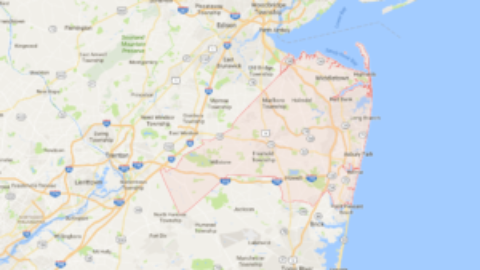In this post, we will discuss how to select the right hood fan and right Range Hood Parts in NJ for your kitchen:
CFM (Cubic Feet per Minute)
The first thing you should consider is how much power a fan must have. The range hood’s performance can be measured in CFM (cubic feet per minute). The greater this figure, the more air a range hood is able to remove in a minute of operation.
The CFM needs depend upon the size and the kind of the range top or range, and the frequency and type of your cooking. For instance, a big 6-burner gas range needs more CFMs than a 30” wide electric cooktop.
The electric stove requirement is 300 – 450 CFMs, whereby a gas range needs around 600 – 1,200. This figure is based upon the quantity of BTUs (British thermal unit) divided by 100.
Sones
Most people do not use the kitchen fan because they think it’s too noisy. Do not allow that to happen with your kitchen design.
A fan’s output of sound is measured in sones — internationally recognized measurements of loudness perceived by an individual who has normal hearing. A few of the manufacturers offer those details in dB (decibels) instead of in sones.
Typically, fans have 3 – 6 speed settings. Think about keeping the low setting, which usually is about three sones (sound level of a running refrigerator), on all throughout the process of cooking, and ramp up to the greatest setting of around seven sones only for intense, short cooking periods.
Riddle Construction & Design
Even though a fan’s sones easily can be found, most manufacturer’s in North America don’t have standardized regulations as to which distance the source of the noise can be measured from. Instead of completely relying on a written test result, you may be better off simply standing next to an appliance and turn it on inside a store.
The filter includes a critical culprit in creating noise for a fan.
Blower Options
You have one additional choice to cut down on noisy fans: A fan’s blower part is situated in three different areas. Usually it sits inside the actual body of an appliance. It’s the version which will create the loudest sound.
To learn more on our Range Hood Parts in NJ, contact Appliance Parts America at (732) 238-6738.








